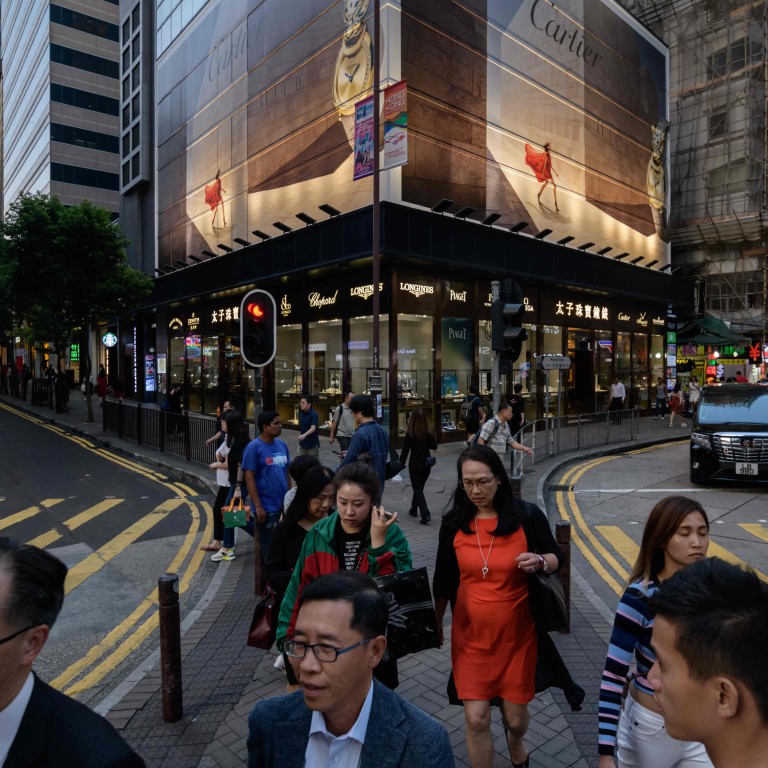
Letters | Cathay Pacific events show how Hong Kong has gone from world’s freest economy to a toxic place to do business
- The shock resignations of the CEO and chairman of Hong Kong’s flagship carrier within the space of weeks sent a chilling message to other businesses
While clinging desperately to government claims of commitment to the rule of law, the city has been rocked by far more vicious forms of restrictions to doing business.
Businesses who choose to operate in Hong Kong now have to contend with a new form of “economic bullying”.
It goes like this: You want to do business in Hong Kong? Be prepared to bend or bury your values and principles, and comply with the Communist Party of China’s rules.
Swire Pacific, Cathay’s biggest shareholder, did so in a flash to protect their business interests in Hong Kong and in mainland China, regardless of moral rectitude.
Already, for fear of retribution, investment banks dare not cover subjects in their research which may make the Communist Party unhappy, such as the Hong Kong pro-democracy protests.
No wonder then, that a silent exodus of capital and brains away from Hong Kong is now under way. Steadily and relentlessly, accounts are being opened in Singapore. But almost no businesses will dare speak about it on the record for fear of economic bullying.
The fundamental effects, however, will become increasingly apparent in the months ahead. Hong Kong is now a toxic place to do business.
Jason Cheng, Mid-Levels











